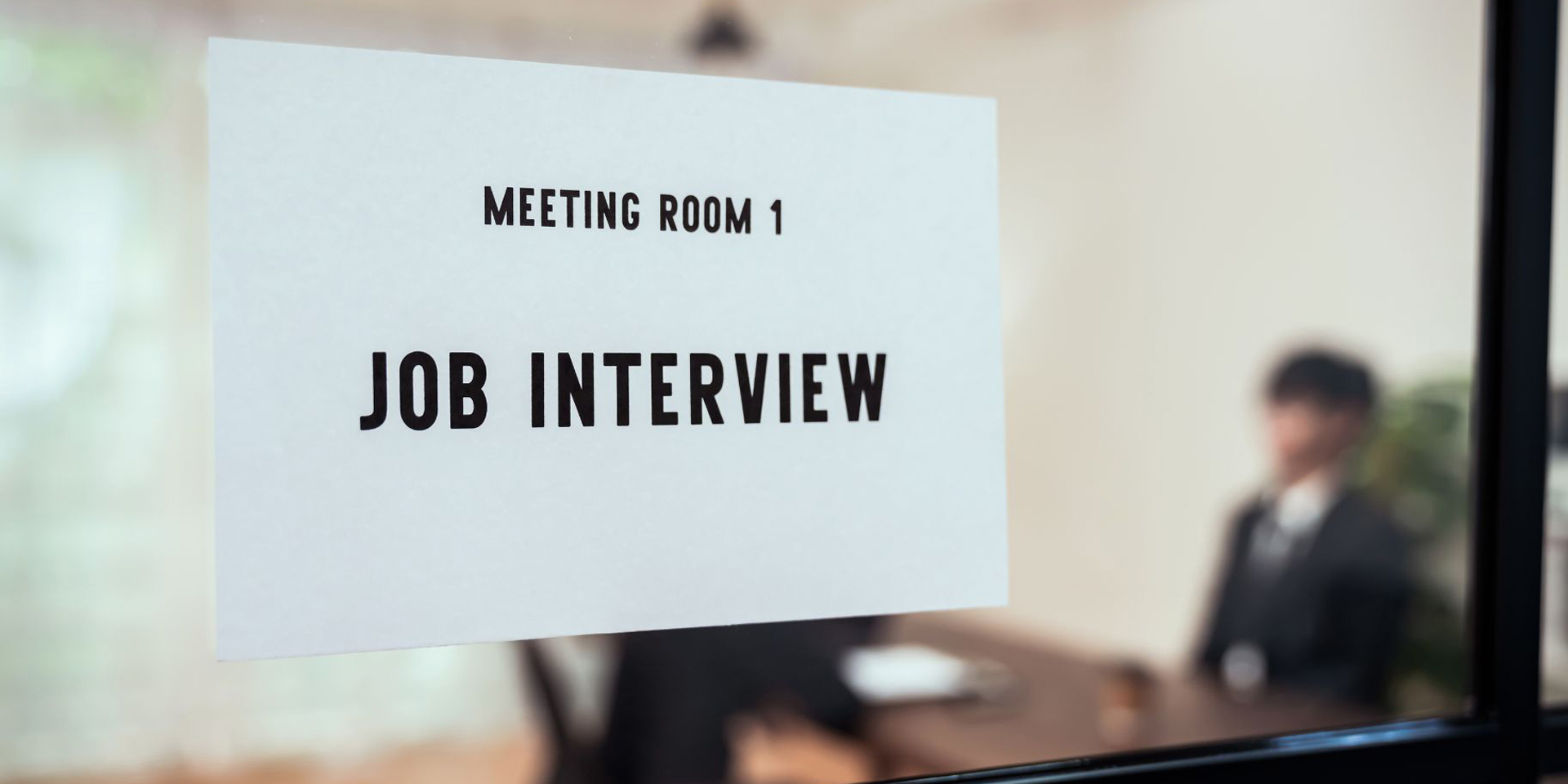How to Change Career to Non-Tech AI Jobs
AI: The New Frontier for Career Changers

The AI Revolution: Beyond Tech
AI's impact across industries
AI is changing the game in almost every field you can think of. From healthcare to finance, education to agriculture, AI is making waves. For example, in healthcare, AI is helping doctors diagnose diseases faster and more accurately. In finance, it's predicting market trends and managing risks. Even in agriculture, AI is optimizing crop yields and reducing waste.
Opportunities for non-tech professionals
You might be thinking, "But I'm not a tech whiz!" Don't worry – there's room for everyone in the AI revolution. Marketing pros can use AI to better understand customer behavior. HR specialists can use it to streamline recruitment processes. Teachers can use AI to personalize learning experiences. The opportunities are endless!
Why AI knowledge is becoming essential
Knowing about AI is becoming as important as knowing how to use a computer. It's not just about keeping up with the times – it's about staying relevant in your field. AI is changing how we work, and understanding its potential can help you make better decisions and come up with innovative solutions.
Demystifying AI for Non-Tech Professionals
Basic AI concepts explained
 Let's break it down: AI is about creating computer systems that can perform tasks that typically require human intelligence.
Machine learning, a subset of AI, is about systems that can learn and improve from experience without being explicitly
programmed. Deep learning, a type of machine learning, uses neural networks inspired by the human brain. See? Not so scary
after all!
Let's break it down: AI is about creating computer systems that can perform tasks that typically require human intelligence.
Machine learning, a subset of AI, is about systems that can learn and improve from experience without being explicitly
programmed. Deep learning, a type of machine learning, uses neural networks inspired by the human brain. See? Not so scary
after all!
Real-world applications of AI
AI is all around us! When Netflix recommends a show you might like, that's AI. When your email filters out spam, that's AI too. Self-driving cars, voice assistants like Siri or Alexa, and even the facial recognition on your phone – all AI applications. It's not just science fiction anymore – it's part of our everyday lives.
Many people think AI is all about robots taking over the world. In reality, it's a tool that can make our lives easier and our work more efficient. AI isn't here to replace humans – it's here to help us. And no, you don't need to be a math genius to understand or work with AI. Like any new skill, it just takes some time and effort to learn.
Bridging the Gap: From Your Current Career to AI
Transferable skills you already possess
Good news! You probably already have skills that are valuable in AI. Critical thinking, problem-solving, communication, and creativity are all important in AI work. If you're good at spotting patterns or thinking outside the box, you're already on the right track.
Identifying AI roles suited to your background
There are many AI roles that don't require deep technical knowledge. AI project managers, AI ethicists, AI trainers, and AI strategists are just a few examples. These roles often need people who understand both the business side and the potential of AI – that could be you!
Success stories of career transitioners
Take Sarah, for example. She was a marketing manager who became fascinated with how AI could improve customer targeting. After taking some online courses, she's now leading AI-driven marketing campaigns. Or John, a former teacher who now develops AI-powered educational tools. These stories show that with passion and dedication, changing careers to AI is absolutely possible.
Essential Skills for AI Leadership
Strategic thinking in the age of AI
In the AI era, strategic thinking means understanding how AI can be applied to solve problems and create value. It's about seeing the big picture – how AI fits into your organization's goals and how it can transform your industry.
Ethical considerations and decision-making. As AI becomes more powerful, ethical considerations become more important. AI leaders need to think about issues like data privacy, bias in AI systems, and the societal impact of AI. It's not just about what we can do with AI, but what we should do.
Fostering collaboration between humans and AI
The future isn't about AI vs. humans – it's about AI and humans working together. Good AI leaders know how to create environments where humans and AI complement each other's strengths. It's about finding the right balance and fostering a culture of innovation and continuous learning.
Your AI Career Transition Roadmap
Educational resources and training programs. Ready to start learning? There are tons of resources out there. Online platforms like Coursera and edX offer AI courses for beginners. If you have some business background, books like "AI Visionary Leadership - Practical AI Implementation" by Ella Wei are great for non-technical folks. It provides practical guide for AI projects. And don't forget about local meetups or workshops – they're great for hands-on learning.
Networking in the AI community. Networking is key in any career transition. Join AI-focused groups on LinkedIn, attend AI conferences (many are virtual now), and don't be shy about reaching out to people in the field. Most folks are happy to share their experiences and advice.
Building a portfolio of AI projects. Start small – you don't need to create the next big AI breakthrough. Try using AI tools to solve a problem in your current job or volunteer to help a local non-profit with an AI project. These experiences will be valuable additions to your portfolio.
Introducing "AI Visionary Leadership"
Key insights from the book
"AI Visionary Leadership - Practical AI Implementation" is a guidebook for anyone looking to lead in the AI era. It covers everything from AI basics to advanced leadership strategies. The book emphasizes that AI leadership is about more than just technology – it's about vision, ethics, and human-centric innovation.
How the book guides your AI journey
This book is like a roadmap for your AI career transition. It helps you identify your strengths, understand where AI fits in your industry, and develop the skills you need to lead AI initiatives. It's full of practical advice and real-world examples to inspire and guide you.
Practical implementation strategies
The book doesn't just give you theory – it gives you action steps. Each chapter ends with exercises and reflection questions to help you apply what you've learned. It also includes templates for AI project planning and ethical decision-making that you can start using right away.
Summary
Changing careers to AI might seem daunting, but it's an exciting opportunity. With the right mindset, resources like "AI Visionary Leadership," and a bit of perseverance, you can become an AI leader, no matter where you're starting from. Remember, the AI revolution needs all kinds of minds – including yours!
FAQs
Do I need a technical background to transition into an AI career?
Not necessarily! While technical skills can be helpful, many AI roles value business understanding, creativity, and strategic
thinking just as much.
How long does it typically take to make a successful career change into AI?
It varies, but with focused effort, many people start seeing results within 6-12 months. Remember, it's a journey,
not a race!
How can "AI Visionary Leadership" help me in my career transition?
The book provides a comprehensive guide to AI leadership, helping you understand AI's potential in your field and develop the skills
needed to lead AI initiatives.
What are some entry-level positions for non-tech professionals in AI?
AI project coordinator, AI content creator, AI ethics consultant, or AI strategy analyst are good starting points.
Are there any prerequisites for reading and understanding the book?
Nope! "AI Visionary Leadership" is written for people from all backgrounds. No technical knowledge required – just bring your
curiosity and willingness to learn!